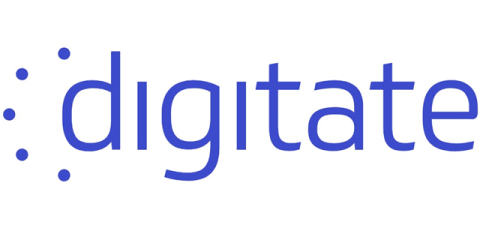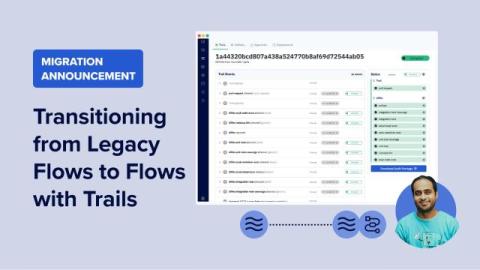How to Implement Tag Inheritance in Azure: Auto-Apply Tags to All Azure Resources
Finding it difficult to track and manage your Azure costs across multiple projects or departments? In this video, Michael Stephenson explains how to simplify the process using Cost Analyzer and Azure's tag inheritance feature.











